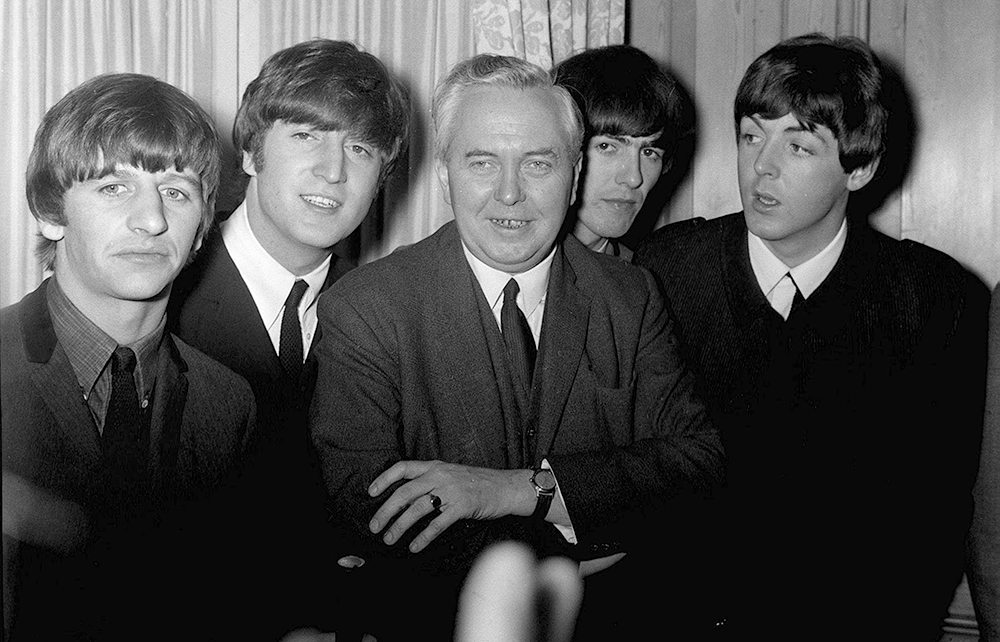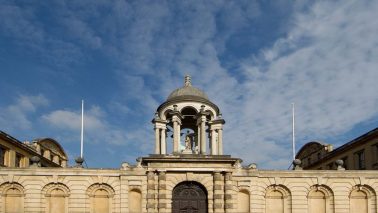‘These things start on my birthday – like the Warsaw Uprising – and spoil my day,’ wrote the understandably self-pitying Barking housewife Pat Scott in her diary on the first day of the Cuban Missile Crisis in October 1962. ‘And then to spoil it more, Ted [her husband] took his driving test for the second time and failed.’ It is clashes like these, of the personal and humdrum against the political and global, that make David Kynaston’s close surveys of Britain in the second half of the 20th century such fascinating and lively documents. Yes, the world might be about to end, but that was no excuse to spoil Pat’s 37th birthday.
In the eighth book in his social history series Tales of a New Jerusalem about Britain from 1945 onwards, Kynaston takes 600 pages to cover just two years and four months, from 6 October 1962 (just before Cuba) to Churchill’s funeral on 30 January 1965, after which, commented the Observer, Britain’s era of importance and grandeur was over, and it woke up in ‘the coldness of reality’, with ‘the status of Scandinavia’.
So, with this brick on your lap, sit back and brace yourself for discovering what happened on pretty well every one of those 847 days.

Get Britain's best politics newsletters
Register to get The Spectator's insight and opinion straight to your inbox. You can then read two free articles each week.
Already a subscriber? Log in







Comments
Join the debate for just £1 a month
Be part of the conversation with other Spectator readers by getting your first three months for £3.
UNLOCK ACCESS Just £1 a monthAlready a subscriber? Log in